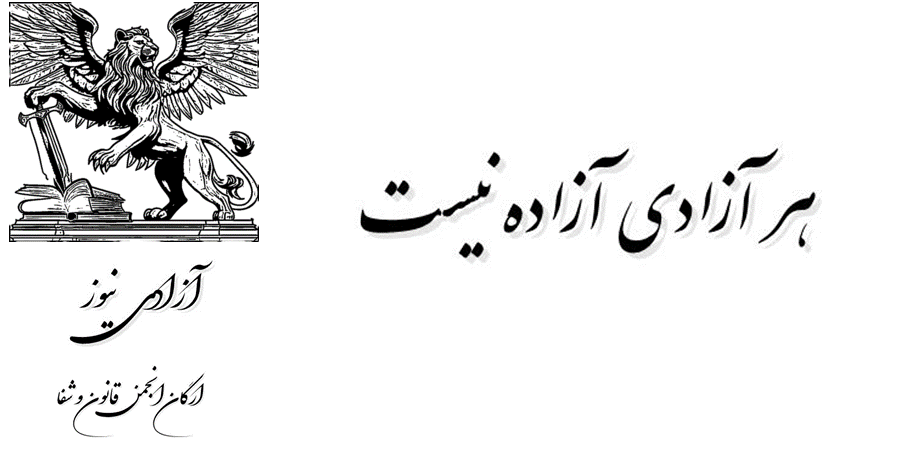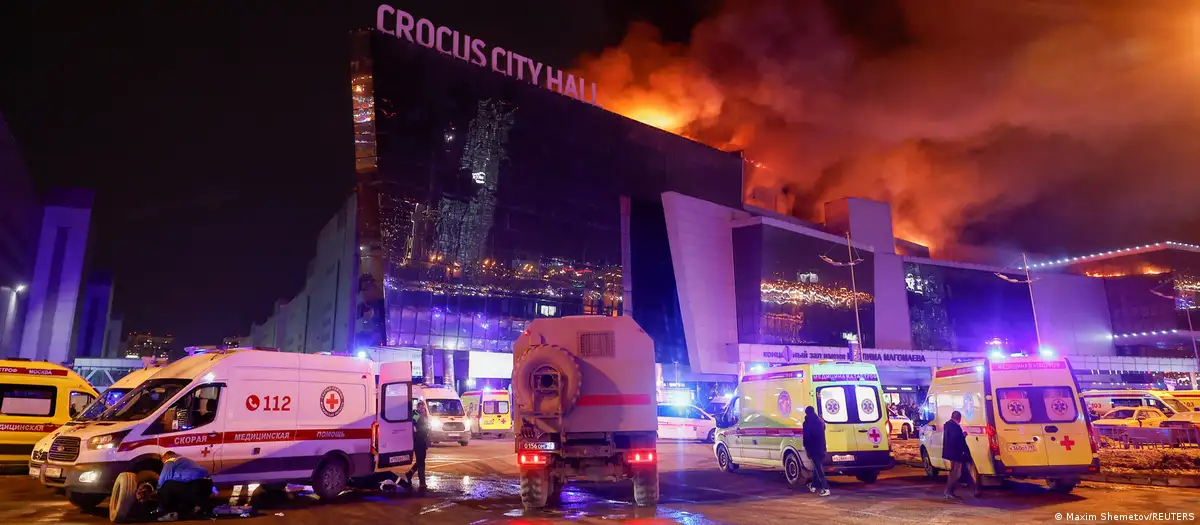Amirali R. Davoudpour
Email of the corresponding author: davoudpour@canmedlaw.org
Accepted and published July, 2024
This article is published under CC BY creative common license that Allows others to distribute, remix, adapt, and build upon the work, even commercially, as long as they credit the original creator.
Abstract
This article explores the “Mahan” psychological operation plan, orchestrated by the SAVAK security advisor during the late Pahlavi regime under the military government of General Gholam Reza Azhari. Suggested by Mossad, the operation sought to undermine religious beliefs among the Iranian populace with a budget of 20 million Tomans. It involved deploying pseudo-clerics to spread fabricated religious visions endorsing the Shah. This study also draws comparisons with contemporary tactics employed by the Islamic Republic and its foreign adversaries to manipulate public opinion, highlighting the resulting socio-political ramifications. This dangerous practice has contributed to various socio-spiritual disorders within the Iranian community.
Keywords: Mahan Plan, SAVAK, Mossad, Psychological warfare
Introduction
In the early years of the Iranian Revolution, a video emerged featuring the security advisor to the head of SAVAK (Sazeman-e Ettela’at va Amniyat-e Keshvar), discussing a plan known as “Mahan.” This plan was implemented during the final years of the Pahlavi dynasty under General Gholam Reza Azhari’s military government. According to the SAVAK officer, whose fate remains unknown and whose interview suggests coerced confessions, the operation was initiated at Mossad’s suggestion and was allocated a budget of 20 million Tomans (BBC News). Similar practices have led to significant socio-psychological disorders within the Iranian community, including disrupted immigration patterns (Davoudpour, A. R., 2024), an increase in psychological disorders (Davoudpour, A. R., 2024), and widespread distrust. Social media and television has become a component of this psychological warfare, and the Iranian government’s dangerous practices of violence have both contributed to and exacerbated these social disorders.
Conclusion
The “Mahan” psychological operation plan, executed during the late Pahlavi era, stands as a historical example of state-sponsored efforts to manipulate public perception and discredit religious authorities. Its impact on Iranian society was profound, fostering distrust and division among the populace. Today, similar tactics are still employed by the Islamic Republic and other external governments, aiming to manipulate public opinion and undermine opposition, thereby exacerbating societal divisions. Understanding these operations is essential for recognizing and countering contemporary psychological manipulation tactics. The consequences of such psychological warfare are particularly alarming, as they contribute to the emergence of psychological problems, feelings of insecurity, distrust, and can escalate to violence, ultimately deteriorating public mental health and exacerbating socio-spiritual disorders (Davoudpour, A. R., 2024).
Reference:
- Davoudpour, A.R., 2024. Analysis of the “Mahan” Psychological Operation Plan During the Late Pahlavi Era and the Impact of Modern Psychological Warfare on Socio-Spiritual Disorders. Journal of Iranian International Legal Studies (IIntbar), 1. ISSN 2957-2169. Available at: Here

